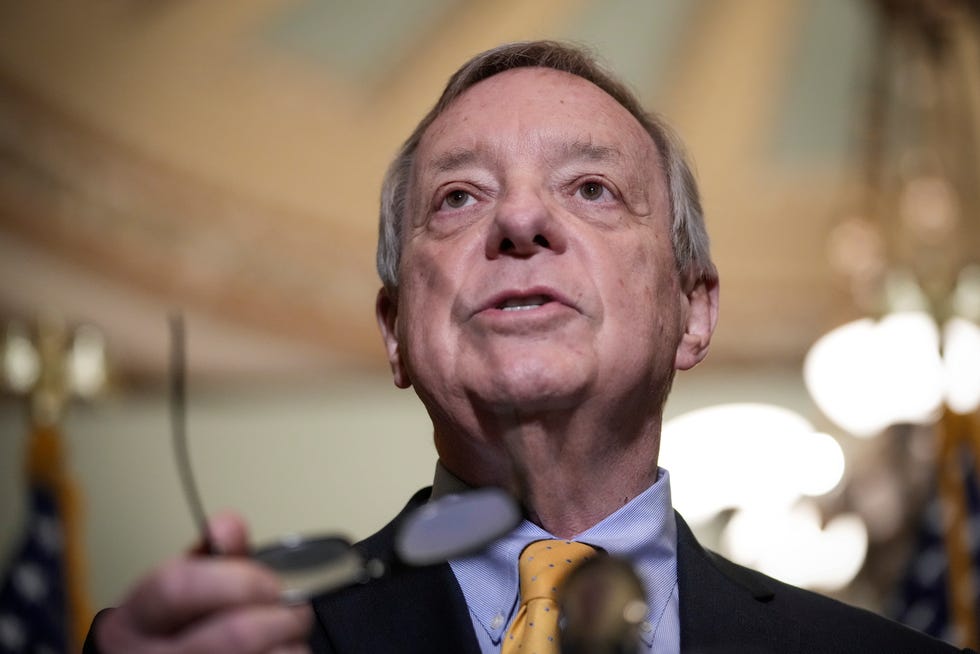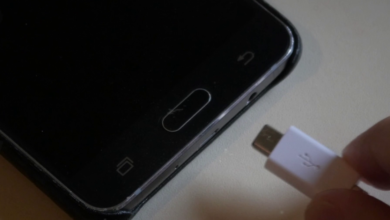
WASHINGTON – Russian President Vladimir Putin has imprisoned the charismatic leader of an opposition movement, shuttered the group's 40-plus offices and branded the entire membership as "extremists."
Which explains why allies of Alexei Navalny, Putin's chief antagonist and would-be political rival, are rooting for a "black swan" moment – some as-yet-unforeseen political event – that triggers the Russian dictator's downfall.
And why, on the eve of a high-stakes summit between Putin and U.S. President Joe Biden, Navalny's chief of staff was in Washington huddling with State Department officials and American lawmakers about the U.S. strategy to confront Russia over its expanding list of aggressions, from cyberattacks to disinformation.
Who is Alexei Navalny?Putin's biggest political rival has been poisoned and jailed
"We are not pretending Putin will go next year or even in five years. This could take long," Leonid Volkov, who helps manage the day-to-day operations of Navalny's anti-corruption organization, told a group of journalists last Thursday over dinner at an Italian restaurant in downtown Washington.
A day earlier, Russia had outlawed Navalny's anti-corruption organizations and banned its allies from seeking office, including in the upcoming parliamentary elections set for September.
Navalny has been in prison since January, after surviving an attempted poisoning he blames on the Kremlin. Putin has denied involvement in the attempted assassination but refuses to guarantee Navalny will leave prison alive.
"He will not be treated any worse than anybody else," Putin told NBC News in an interview that aired Monday.
Minimizing Navalny's influence
Fiona Hill, an expert on Russia with the Brookings Institution think tankin Washington, said Putin would have been “very happy” if Navalny had died in prison during the hunger strike he waged earlier this year. Navalny halted the strike after being warned by his doctors that his life was in danger.
Putin is now looking for other ways to minimize Navalny's influence, said Hill, a national security adviser in the Trump administration.
“Navanly’s a massive threat” to Putin and his cronies, who are “a pretty corrupt and kleptocratic group,” she said in a briefing held by Brookings June 10.
“Now, what can we do about it? Honestly, not a great deal,” she added.

But Volkov says the U.S. can take meaningful steps to counter Putin's repression. He said the Russian government's latest move to ban Navalny's organizations serves only to highlight Putin's weakness.
"Putin could bulldoze away all our regional offices,'' Volkov said. "It's not going to help him."
Putin's popularity has slipped
It won't improve Russia's economy, he said, or wipe away Russians' deep frustration with the rampant corruption of Putin's regime. And it definitely won't improve his low approval ratings among Russia's younger generation.
A poll released in February by the Levada Centre, independent of the Russian government, showed Putin with a 64% approval rating overall. Among Russians 18 to 24 years old, his approval had dropped by 17% from the previous year, to 51%.
"It's a new and uncomfortable and stressful role for him. And people who are stressed tend to make mistakes," Volkov said, noting that Putin used to enjoy 80%-plus ratings.
"Our job," he added, "is to make use of those mistakes."

The summit:President Biden set for Geneva showdown with Vladimir Putin after European tour of allies
Navalny's movement has also lost steam
He conceded that Navalny's movement is experiencing "a low moment." Volkov said Navalny's condition seems stable, and they are able to communicate, though he would not say how.
Volvok himself is living in self-exile in Lithuania, where he said he takes "rational precautions" for his safety. With the movement's offices now closed, its anti-corruption work has moved entirely online, he said.
But he insists the anti-corruption campaign can maintain traction and build support, even with shuttered offices and activities severely restricted. Volkov acknowledged the group depends heavily on big-tech platforms to reach its Russian supporters.
"The strategy is ... to win more sympathy, to win more voters, to win more supporters, to create more challenges and more stress for the regime – until the regime makes it its last mistake," he said. "Having said that, we don't know when it happens."
'Putinism will not survive'
He conceded that an Arab-spring type revolution in Russia seems unlikely right now, and opponents may just have to wait until Putin dies.
"But we absolutely believe that Putinism will not survive" after Putin himself is gone, he said, likening Russia to a "Mafia state."
By exposing Putin's corruption, Navalny's movement can "increase the turbulence" and discontent inside Russia "so that any random event could actually lead to mass protests," Volkov said. In one of its most successful projects, Navanly's Anti-Corruption Foundation released a viral video alleging that Putin has a $1.3 billion palace near the Black Sea. Putin has denied any connection to the palace.
In his recent conversations with U.S. policymakers, Volkov said, he has emphasized America's leverage over Putin. He and other Navalny allies have called on the Biden administration to sanction a band of 35 wealthy oligarchs and Kremlin operatives closely linked to Putin.
He said he would consider Biden's summit with Putin a success if the Russian autocrat makes "concrete and measurable concessions on human rights issues," such as revoking the extremist law that banned Navalny's group or releasing some political prisoners.
"I think it's very realistic because of the leverage the United States actually has at this very moment of political history," he said. If Biden uses that leverage, "this will be perfectly possible."
Bringing Navalny's message to DC
Volkov saidhe believes his message is resonating with officials at the State Department and in Congress.
"We have a feeling that the administration is thinking like what to squeeze out of Putin – which concessions they could actually achieve," he said.
But several Russia experts said they have low expectations for the summit.
Hill said that if Biden raises Navalny’s imprisonment, Putin will try to make a false equivalence to the Americans who have been arrested for their role in the Jan. 6 insurrection at the U.S. Capitol.
“He wants to push right back at us,” she said. Hill said the political polarization that has gripped the U.S. is "providing Vladimir Putin with lots of fodder for his typical what-about-ism.”

Source link







